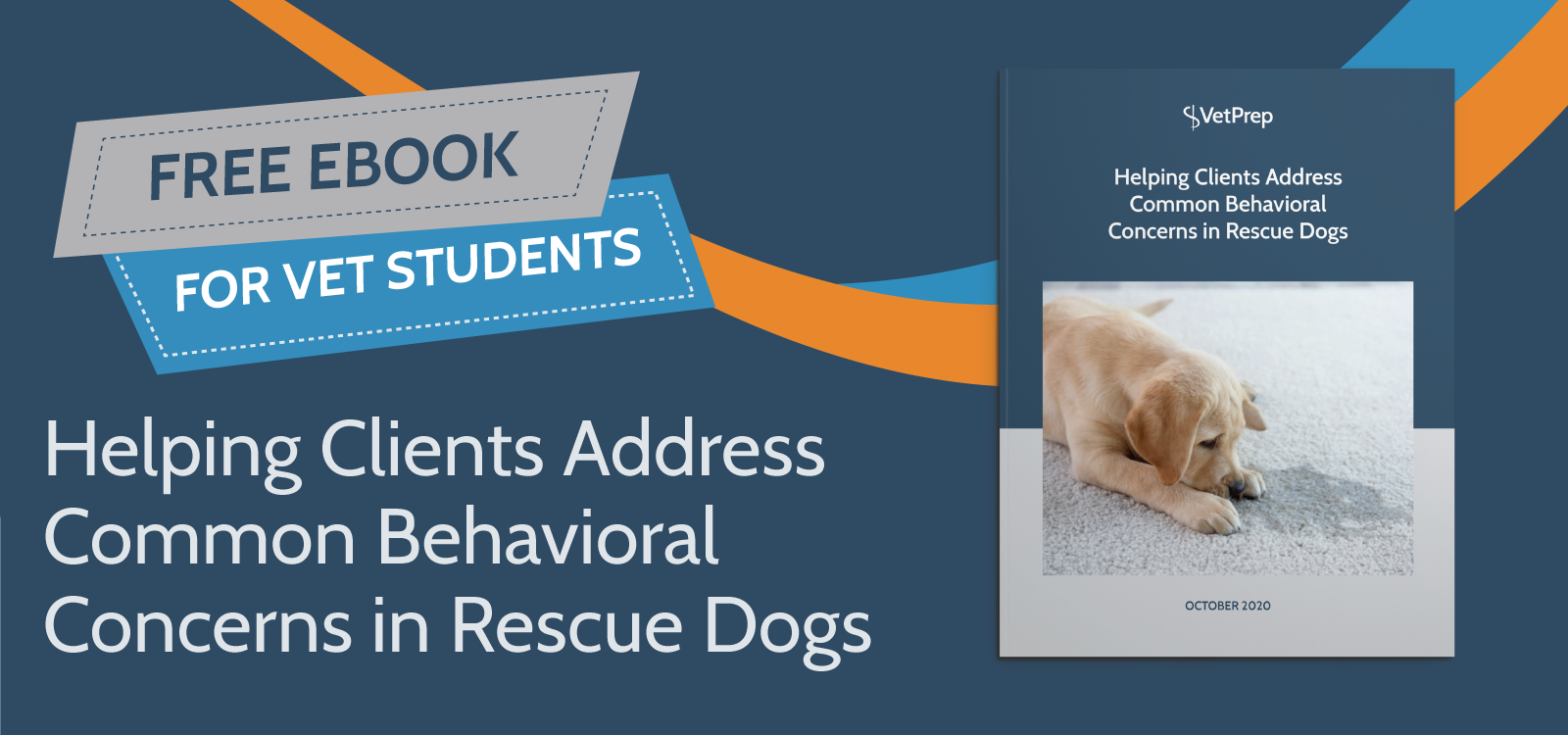
Many vet schools use shelter pets as a component of student training, although the exact use of these animals may differ between vet schools and even from year to year.
While the use of shelter animals in veterinary education can be a controversial topic, it’s important to carefully consider each individual instance of shelter pet use within the curriculum to determine whether the use of animals is mutually beneficial for both the animals and the veterinary students.
Terminal Surgeries
The most controversial use of shelter pets is terminal surgery. In a terminal surgery, an animal has several surgical procedures performed by one or more teams of veterinary student surgeons.
At the end of the day, after the surgeries have been completed (but before the animal has recovered from anesthesia), the animal is euthanized.

Terminal surgeries were long used by veterinary schools to provide necessary surgical experience for students, without requiring the animals to experience a potentially-painful surgical recovery. In most cases, these procedures were performed on animals that were already slated for euthanasia at a local animal shelter.
While terminal surgeries were once a common practice in veterinary schools, they have been phased out in recent years. By 2007, over half of United States veterinary schools had removed terminal surgeries from their required curriculum and this number has continued to decrease since that time.1 While policies are always subject to change, the number of schools that currently offer terminal surgery as part of the required curriculum is very limited.
As terminal surgeries are removed from the curriculum, alternative methods of surgical education must be developed to replace those surgeries. Alternatives to terminal surgery include virtual reality surgery, cadaver surgery, and even synthetic simulated surgical patients.2 Synthetic dogs, in particular, have been used in a number of veterinary schools to simulate live animal surgery and even expose vet students to handling expected intraoperative complications.
While live animal alternatives may not exactly mimic the experience of true live animal surgery, a number of controlled studies conducted between 1996 and 2004 found that alternatives to terminal animal surgeries produce educational experiences and learning outcomes similar to conventional terminal surgeries.3
Elective Surgeries
At many veterinary schools, there is a partnership between the university and a local shelter that allows veterinary students to gain spay and neuter experience on shelter pets. Many veterinary schools use shelter spay/neuter surgeries as a component of their required surgical training labs, providing students with an opportunity to gain hands-on surgical experience while also providing necessary services for shelter pets. Additional elective experiences may also be offered through shelter medicine and community programs, including feral cat spay/neuter programs.4 Given the ongoing need for spay/neuter services in shelter animals, as well as the benefits that this surgical experience can provide for veterinary students, these arrangements are a clear win-win scenario for both shelter pets and students.
Non-Elective Surgeries
While non-elective surgeries on client-owned pets at veterinary schools are typically performed by specialists, an increasing number of veterinary schools have partnered with shelters to allow veterinary students to perform or assist with shelter pet surgeries. Shelter animals in need of wound repair, enucleation, fracture repair, or abdominal surgery may have a veterinary student as the primary or assistant surgeon.3 In this context, the partnership between the shelter and veterinary school offers surgical training for students, keeps medical costs low for shelters, and can make a difference in whether or not a shelter pet receives the care that it needs.
Clinical Skills Training
Skills such as thoracic auscultation and abdominal palpation typically require live animal teaching. While some veterinary schools maintain animal colonies that can be used for these purposes, others work with animal shelters to use shelter pets in clinical skills training courses for veterinary students. This training can often be provided within the context of necessary veterinary care that is medically indicated for a given animal, minimizing ethical concerns while maximizing benefits to the patients.

Creating a Win-Win Scenario
While the historical model of veterinary education may have leaned towards a view of shelter animals as a resource available for veterinary student use, recent shifts in animal ethics have focused on creating win-win scenarios that benefit both veterinary students and shelter pets. Partnerships between vet schools and animal shelters can improve the quality of care available to shelter pets while also ensuring that vet students are adequately prepared for a career in practice.
References
- Krebsbach S. 2018. Vet Student Instrumental in Ending Terminal Surgeries. Humane Society Veterinary Medical Association.
- Corp-Minamiji C. 2017. Synthetic dogs now used in veterinary education. VIN.
- Patronek, G. J., & Rauch, A. 2007. Systematic review of comparative studies examining alternatives to the harmful use of animals in biomedical education. Journal of the American Veterinary Medical Association, 230(1), 37–43.
- Humane Society Veterinary Medical Association. Animal Welfare-Friendly Surgery Training: Innovative Programs Benefit Students and Animals in Need.



